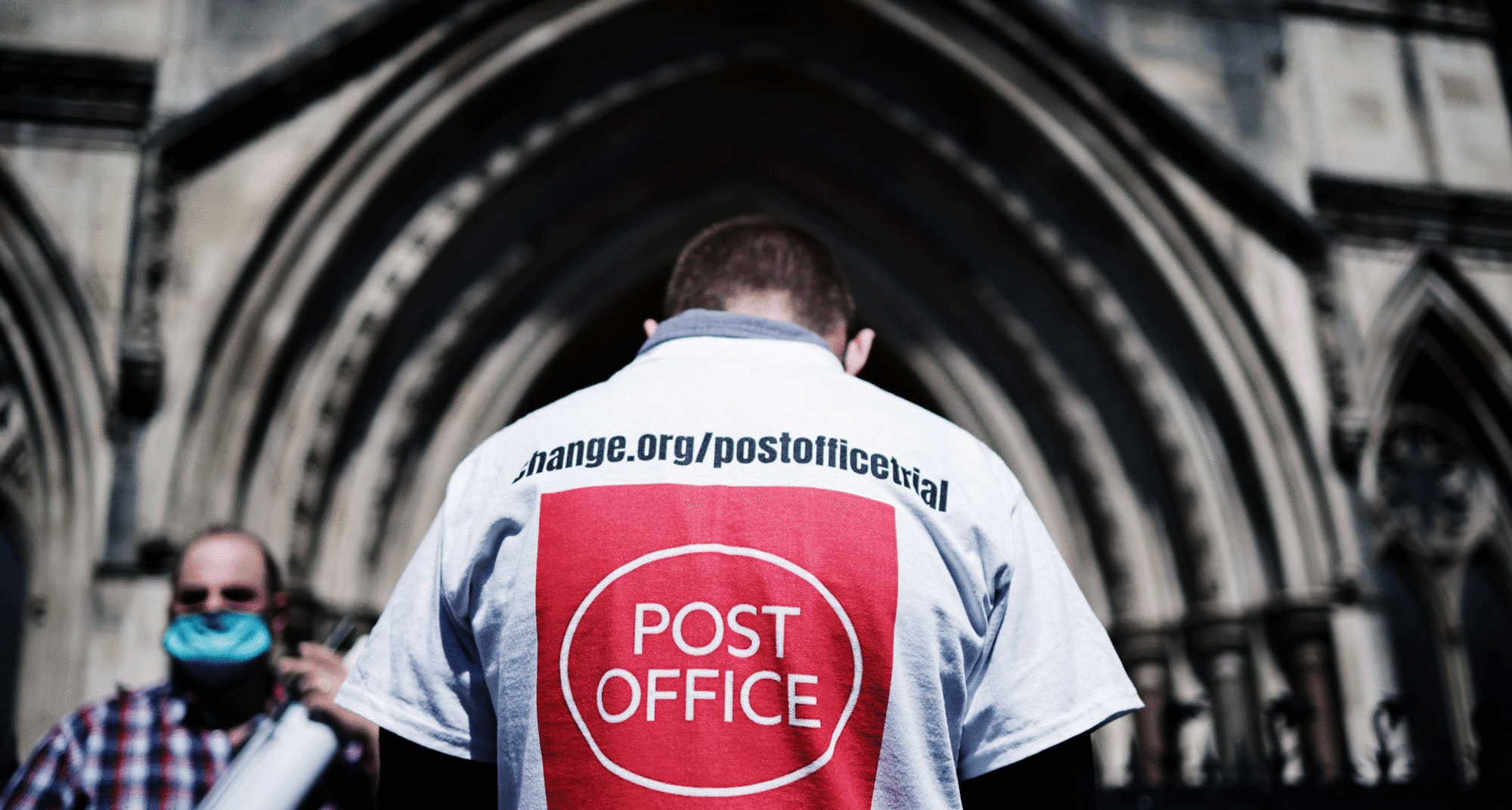Admiral Byng was court martialled, convicted and shot on his own quarterdeck for the crime of retreating from a battle in the Seven Years’ War without attacking the enemy with sufficient effort and perseverance. As Voltaire pointed out this was “pour encourager les autres”, and it worked – no British Admiral has been thought shy about going into action since.
It is with this in mind that we should consider the Post Office scandal which resulted in hundreds of subpostmasters and mistresses being accused of false accounting and theft based on information from a flawed computer system. There’s plenty of blame to go around over the Horizon computer and accounting program and we might include parts of the Post Office management, Fujitsu the contractor and others. But Byng’s historic example shows that the right response is simple. In fact, why not go further back than Byng and go Viking on the guilty?
The original mistake was simple. The new computer system which linked up all the subpostmasters to the central organisation contained a mistake. If the internet connection dropped – which wasn’t unusual back in the 90s – then many would resend the transaction they had been working on. The system at the branch would regard that as a resend of the original, the one at Post Office headquarters would think it a new transaction. So, it was possible for the central system to think that much more money had been collected or moved than was actually true.
At least 500 people were accused of theft as a result, some jailed, many ruined. We are only now, two decades later, now seeing the courts announcing that convictions were unsafe. Compensation was paid to some a few years back but at the usual voracious cost of no-win-no-fee lawyers. The reparations and reversals of convictions have yet to reach everyone effected by the scandal, and instead of blame being properly assigned to those responsible there’s a general miasma of ‘oops, mistakes were made and lessons will be learned’.
This isn’t good enough. The guilty are out there, we need to find them and bring them to justice – if not for that original, hopelessly stupid, programming mistake then at least for the backfilling and smoke blowing in the decades that followed. The rule of law is a vital underpinning of an economy that works.
We largely grasp this in international matters. A key purpose of Boris Johnson’s recently postponed trip to India relates to disagreements over contracts and taxes concerning British companies Vodafone, Cairn Energy and Devas Multimedia – as soon as Covid allows the Prime Minister intends to argue that Modi must respect the court’s and arbitrators’ decisions. The same applies here at home. It’s more than justice and righteousness, it’s a necessary precondition of the system being able to stagger on at all.
This is not a call for an inquiry, nor is it just about making things right for those falsely accused and even convicted. It’s an insistence that those who are guilty are prosecuted. Large organisations cannot be allowed, whoever or whatever they are, to prey upon their subcontractors. We have evidence that this happened, and we need to find those responsible – as Voltaire pointed out, pour encourager les autres. Because if wrongdoers are able to get away with it, the system as a whole will cease to function.
Click here to subscribe to our daily briefing – the best pieces from CapX and across the web.
CapX depends on the generosity of its readers. If you value what we do, please consider making a donation.


